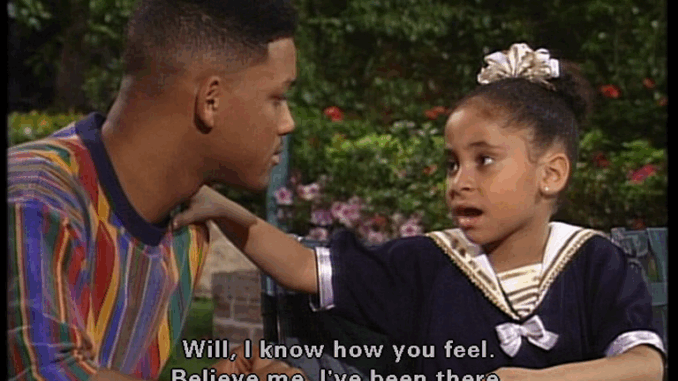
Long before parenting podcasts and viral family advice videos, there was The Cosby Show—a sitcom that didn’t just make people laugh, but subtly taught millions how to raise children with love, discipline, and humor. More than just a television program, it became an unexpected parenting manual for a generation. In this article, we explore the enduring lessons on family, values, and child-rearing that The Cosby Show delivered—one episode at a time.
Modeling Positive, Present Parenthood
In a television era filled with absent or disengaged fathers, The Cosby Show introduced viewers to Dr. Heathcliff Huxtable—a father who was present, involved, and emotionally intelligent. He didn’t just provide financially; he connected with his children, played with them, guided them, and yes—disciplined them when needed.
Meanwhile, Clair Huxtable redefined the TV mom. She was not just nurturing, but sharp, professional, and fiercely independent. Together, Cliff and Clair modeled a balanced, respectful partnership—setting an aspirational yet relatable example for modern families.
Discipline with Dignity
One of the show’s most powerful contributions to parenting discourse was its approach to discipline. Instead of relying on shouting or fear-based tactics, Cliff and Clair used wit, conversation, and consequences rooted in love. They treated their children as intelligent individuals, worthy of respect but held accountable for their actions.
Episodes often ended not with punishment, but with reflection. Whether dealing with poor grades, sibling rivalries, or dating dilemmas, the Huxtables taught viewers that parenting is not about control—it’s about guidance.
Education as a Core Family Value
The Cosby Show placed strong emphasis on the value of education—not just in school, but in life. From encouraging reading and homework to discussing historical figures and cultural pride, the Huxtables embedded learning into their everyday lives.
They normalized excellence without pressure, made curiosity cool, and showed that success begins at home. These subtle but consistent messages helped shape real-world attitudes toward education, particularly within African-American households.
Addressing Real-Life Issues Through Humor
The brilliance of The Cosby Show lay in its ability to address serious family issues—without ever losing its comedic charm. Topics like peer pressure, dating, teenage rebellion, and gender roles were handled with honesty and nuance, offering practical insights that resonated with both parents and children.
Humor became the gateway to deeper understanding, allowing families watching at home to have meaningful conversations after the credits rolled.
A Blueprint for Modern Parenting Shows
The show’s legacy lives on in modern TV families that embrace similar values—think Black-ish, This Is Us, and Modern Family. While times have changed, the principles remain: open communication, mutual respect, and consistent presence are the cornerstones of good parenting.
Conclusion
The Cosby Show did more than entertain—it educated. By presenting a family that was loving, flawed, funny, and real, it helped millions of viewers rethink what it meant to raise children with intention. Even in 2025, the Huxtables remain a gold standard for on-screen parenting, proving that the best lessons can sometimes come from a half-hour sitcom.